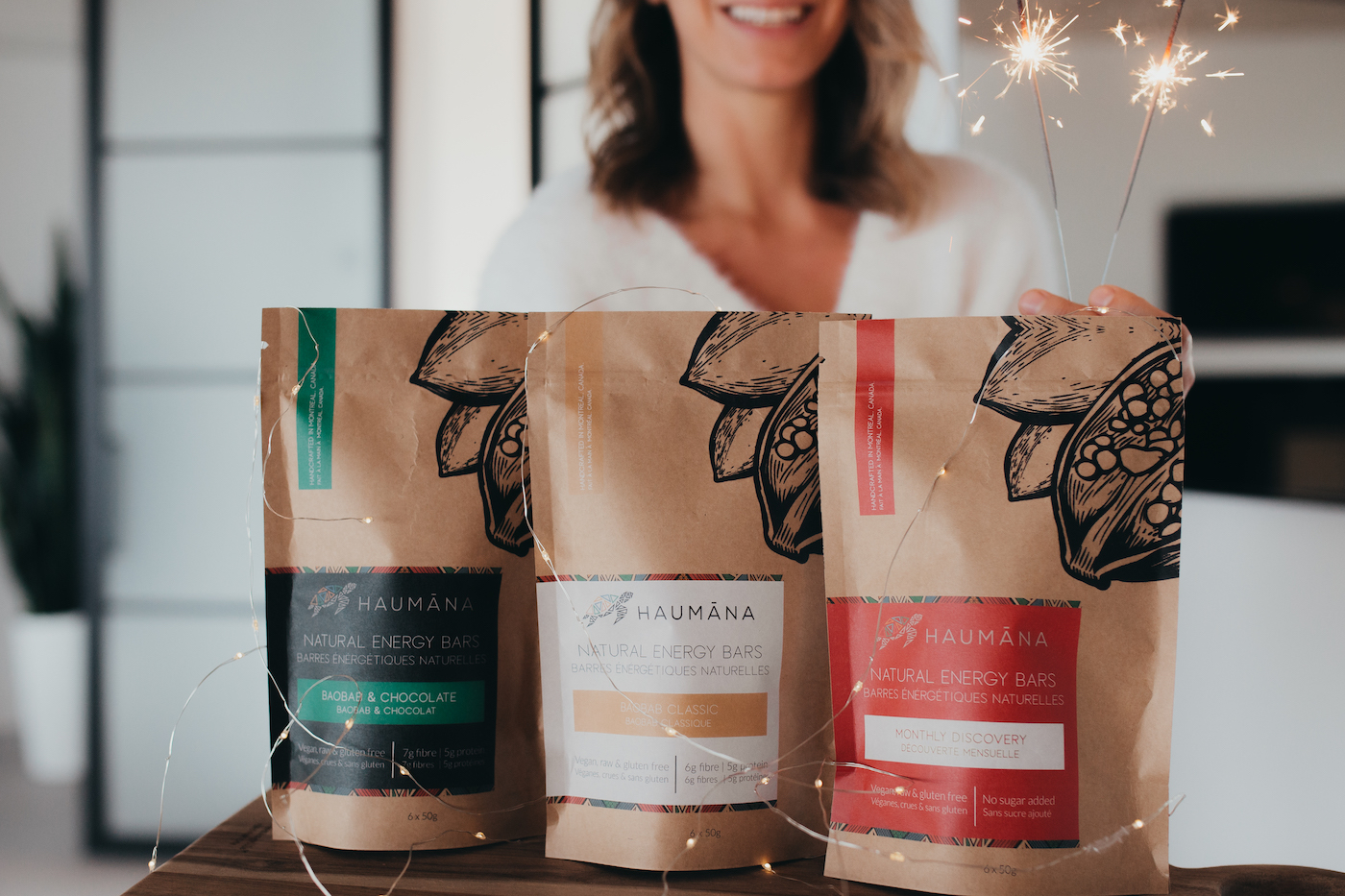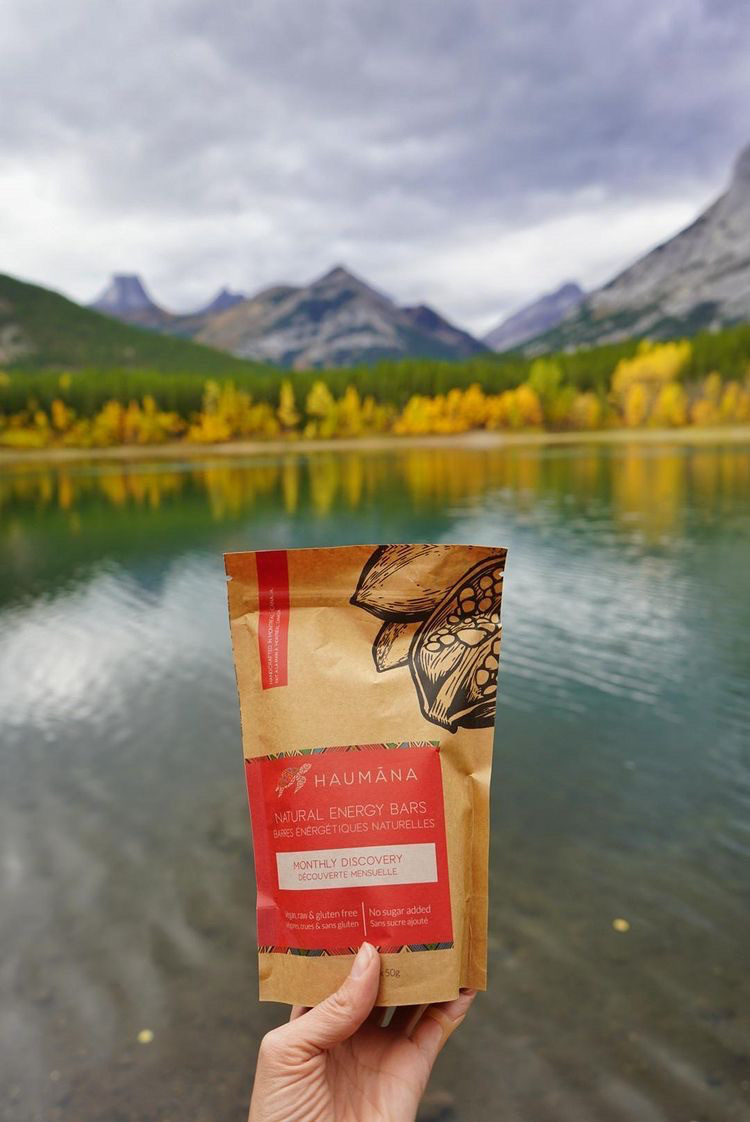
The Origin



Dear Rootree Community,
I am thrilled to share with you an exciting update regarding our compostable packaging.
Thanks to our diligent and dedicated team and partners who have spent several years performing research and development, we have developed a new lineup of compostable packaging that is greener, stronger, and better than ever.
We have heard the exploding demand for e-commerce-friendly compostable packaging, and we are thrilled to see the desire for such environmentally friendly options within our community of businesses; now, more than ever, is the time for us to be taking care of Mother Nature.
To say that Rootree is committed to sustainability would be an understatement; just as you wouldn’t say a tree is committed to producing oxygen - as it’s a force of nature, it just does it. In the same fashion, sustainability is deeply ingrained into Rootree’s DNA, and one doesn’t come without the other.
This is the beginning of an exciting chapter, and I look forward to sharing even more offerings in the future. Thank you for joining us on this journey of sustainability and making this world a brighter, greener place.
Your continued support is undoubtedly appreciated, and we are honoured to be able to provide you with a product that you can be proud of.
Phil St-Cyr
President & CEO